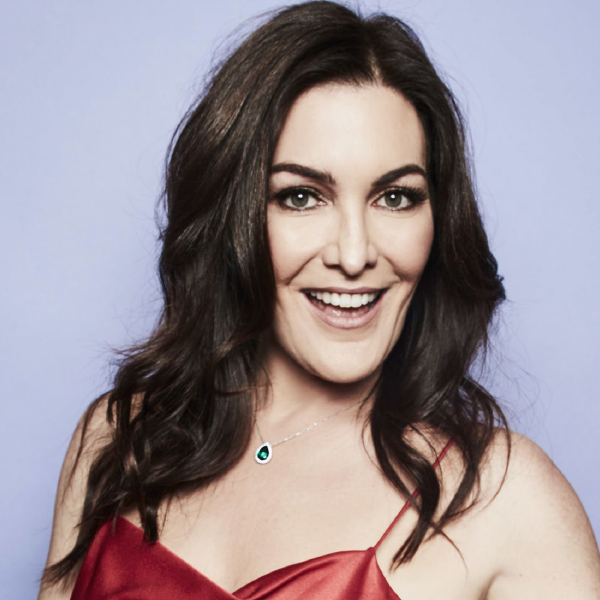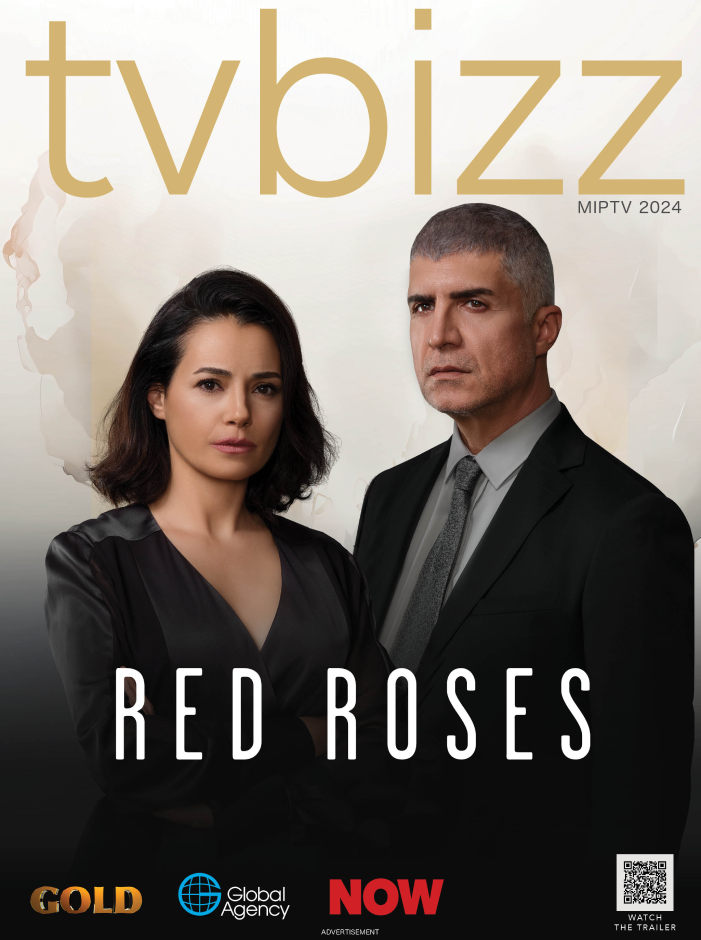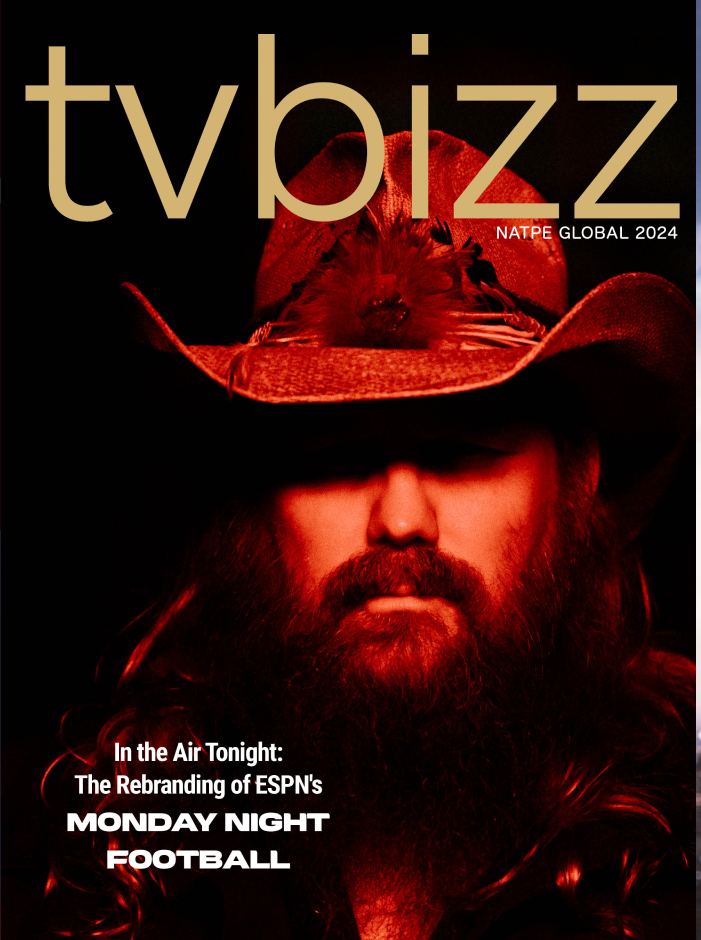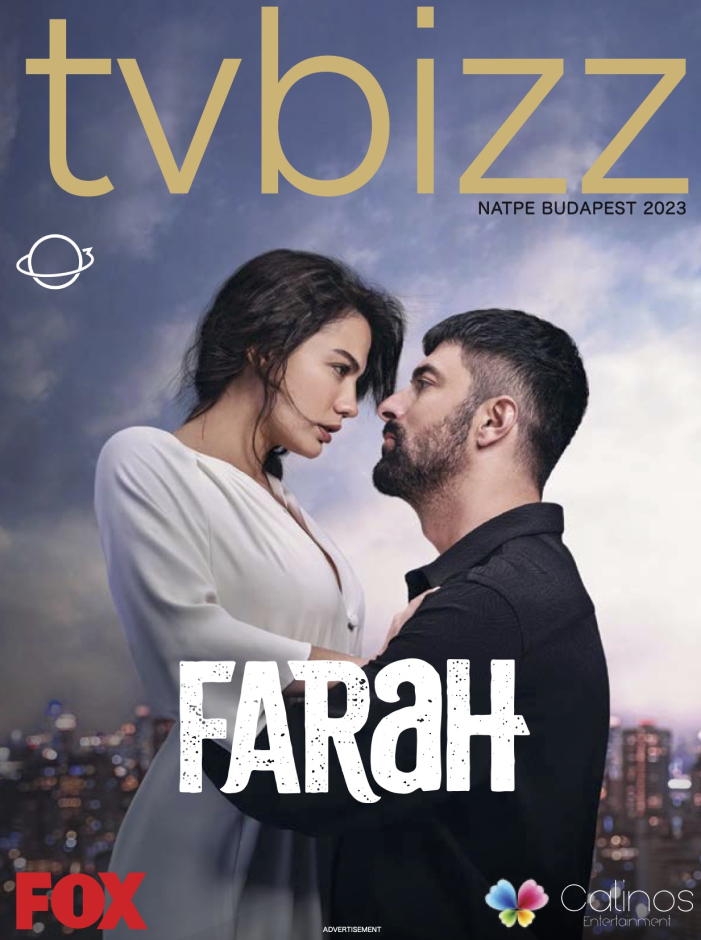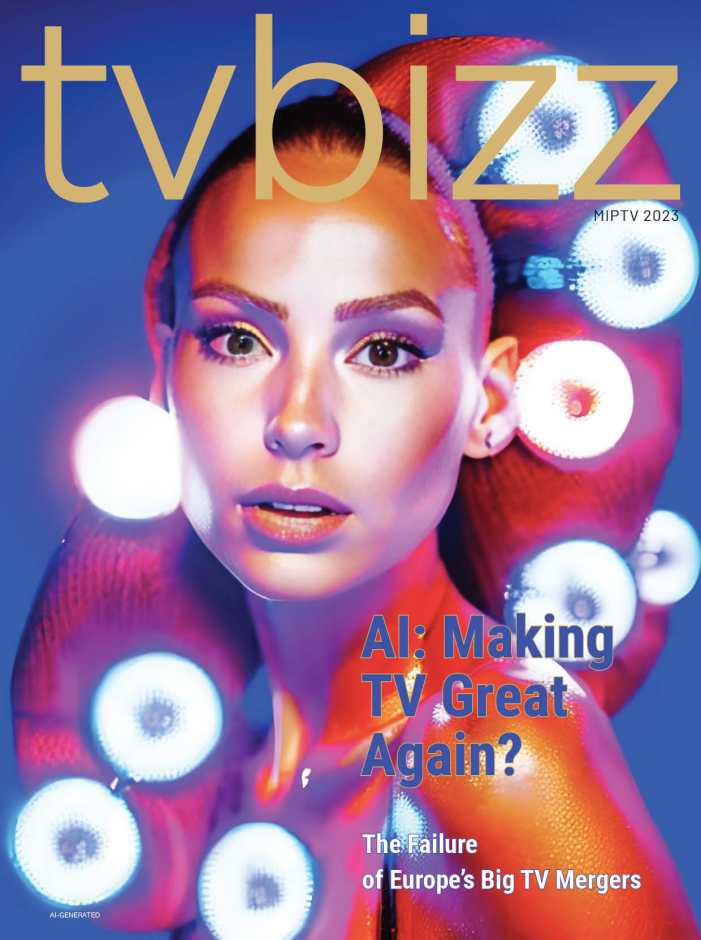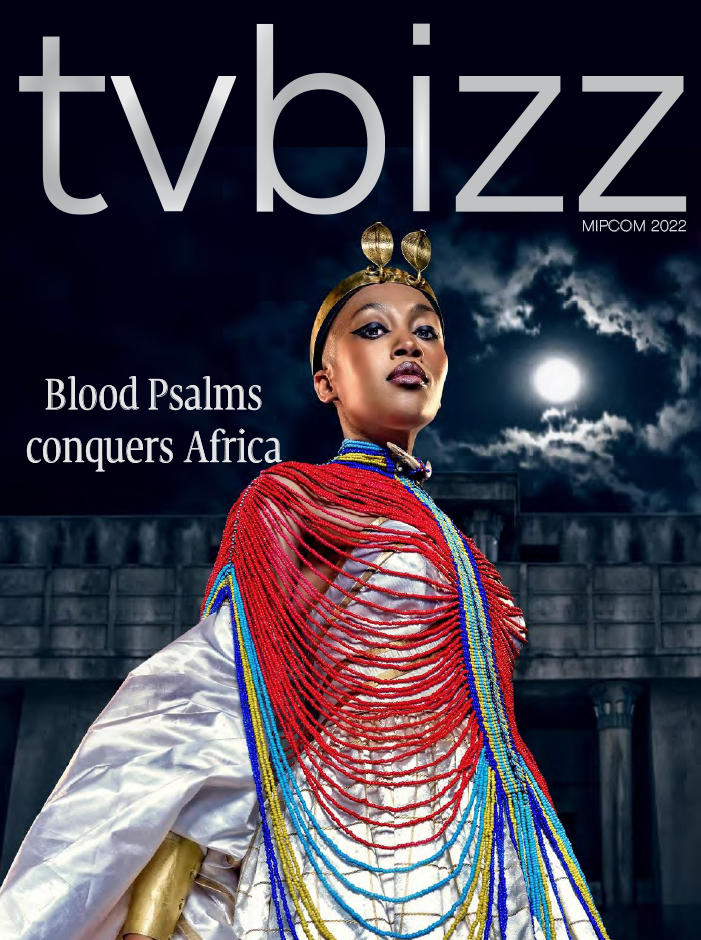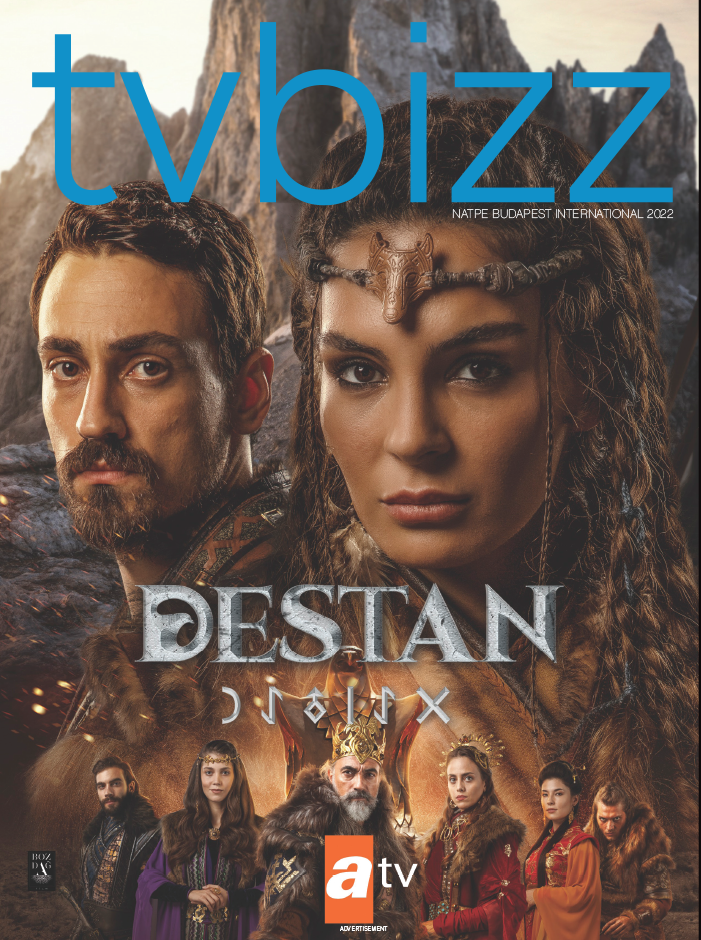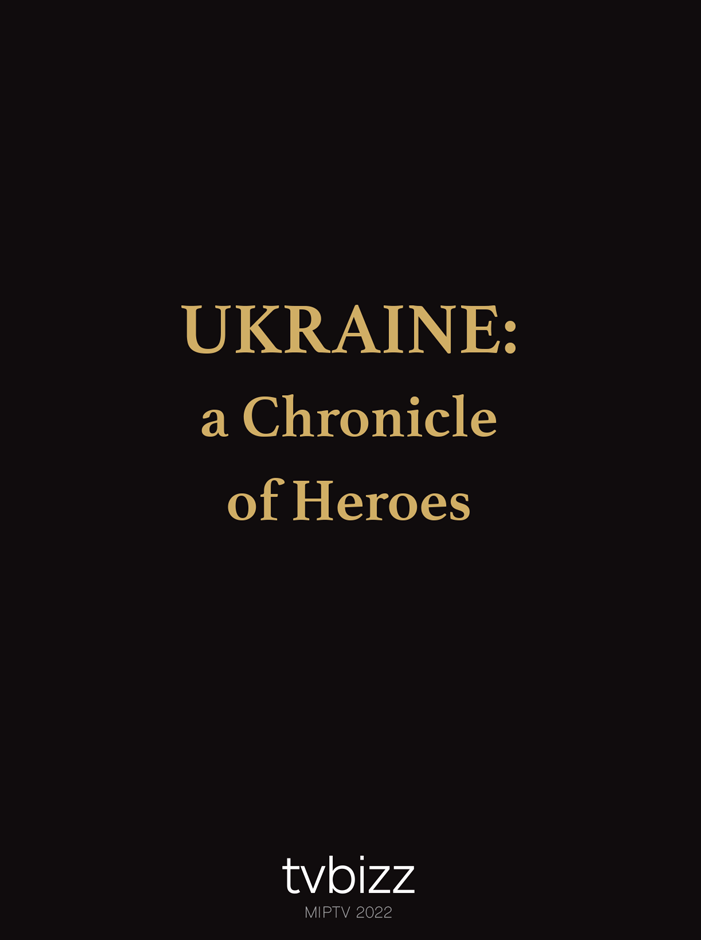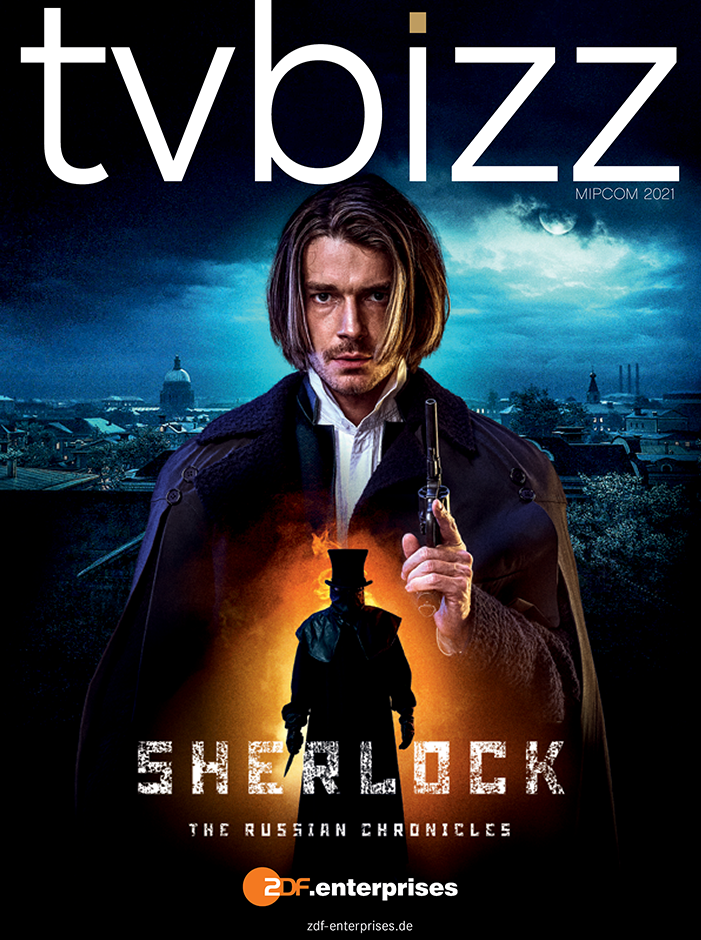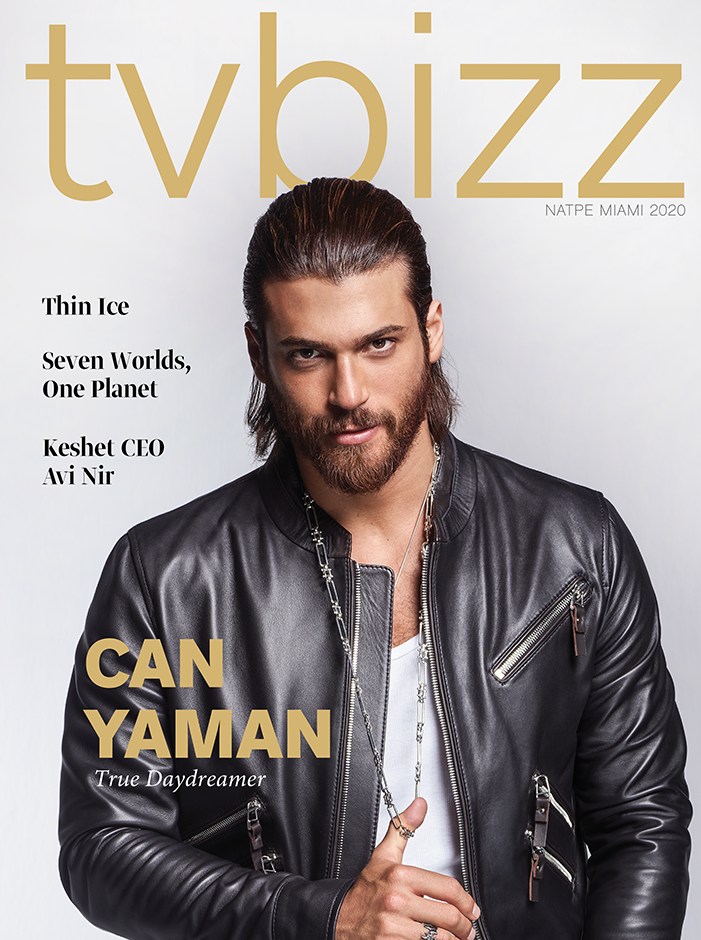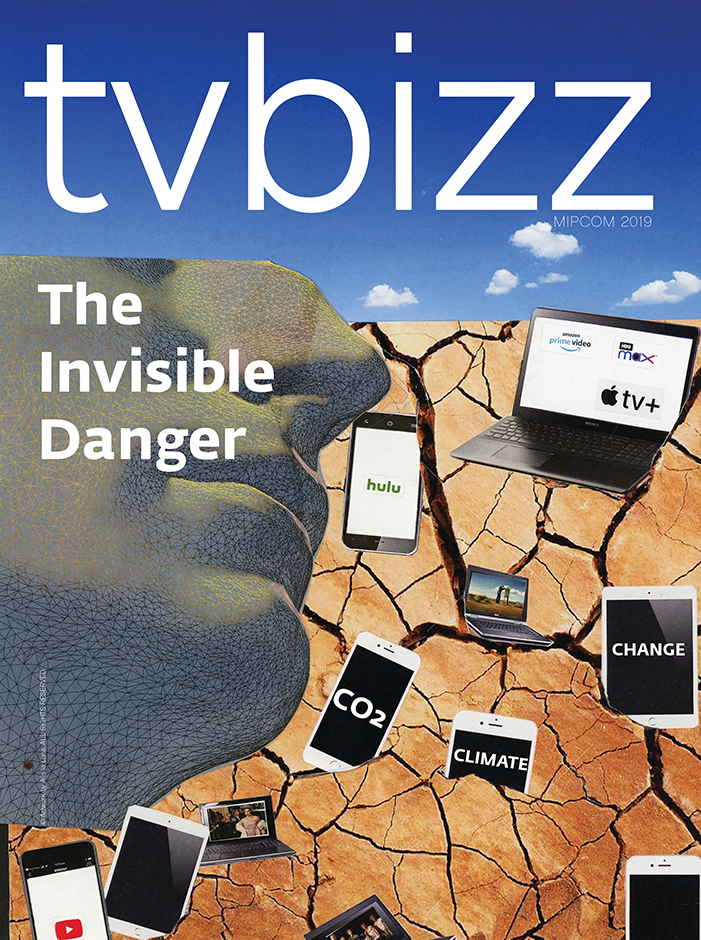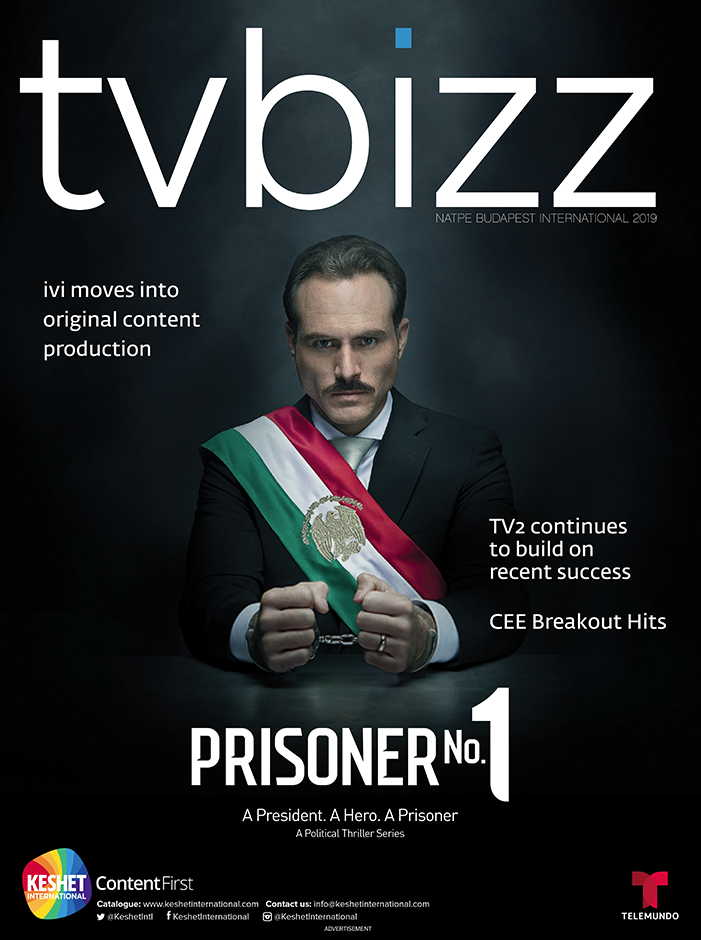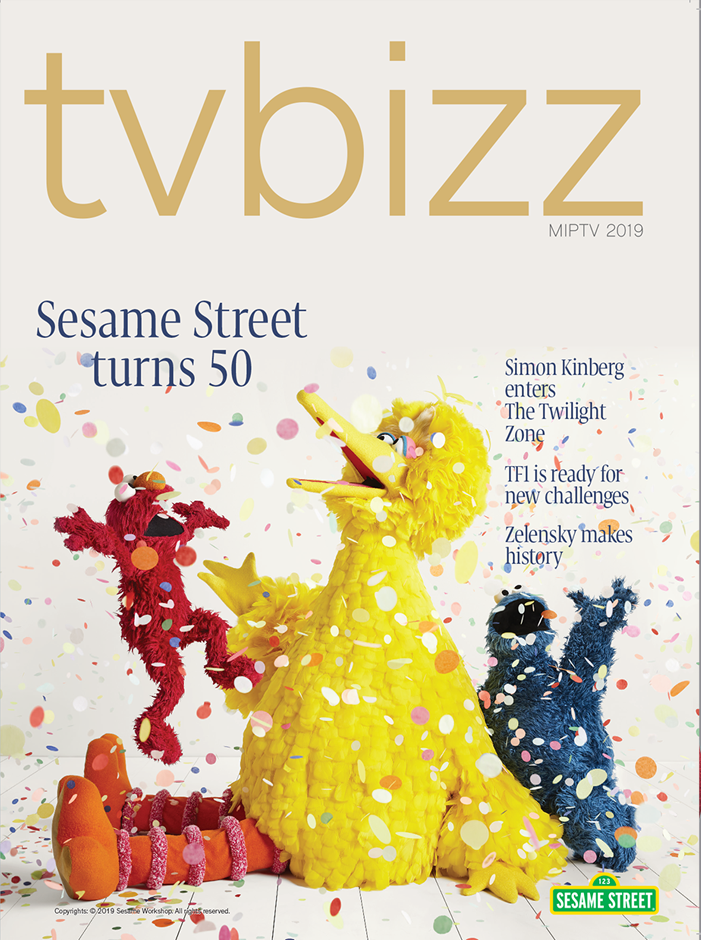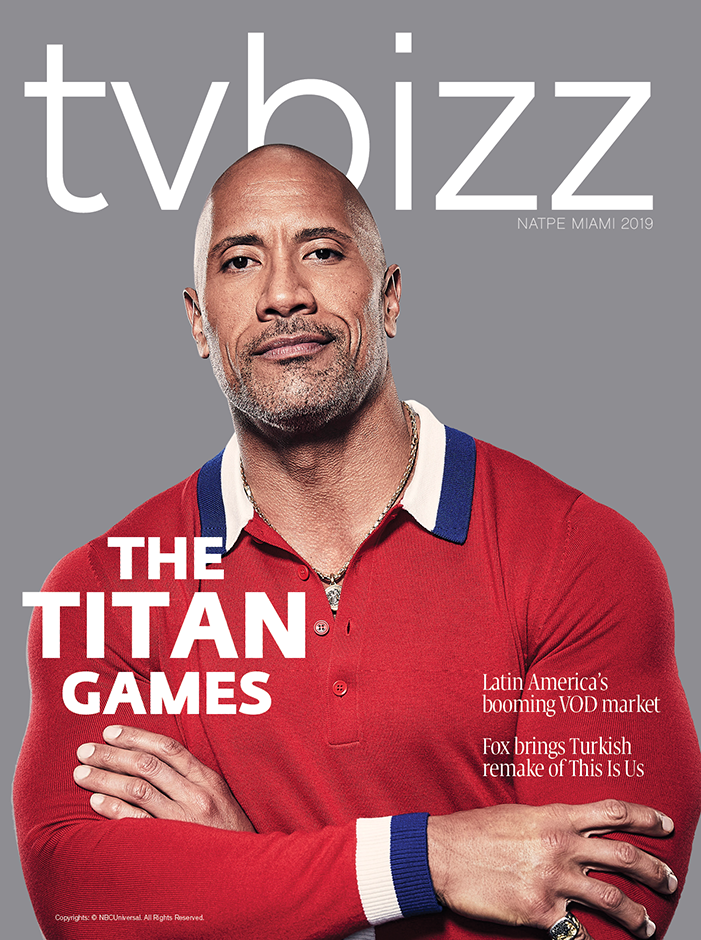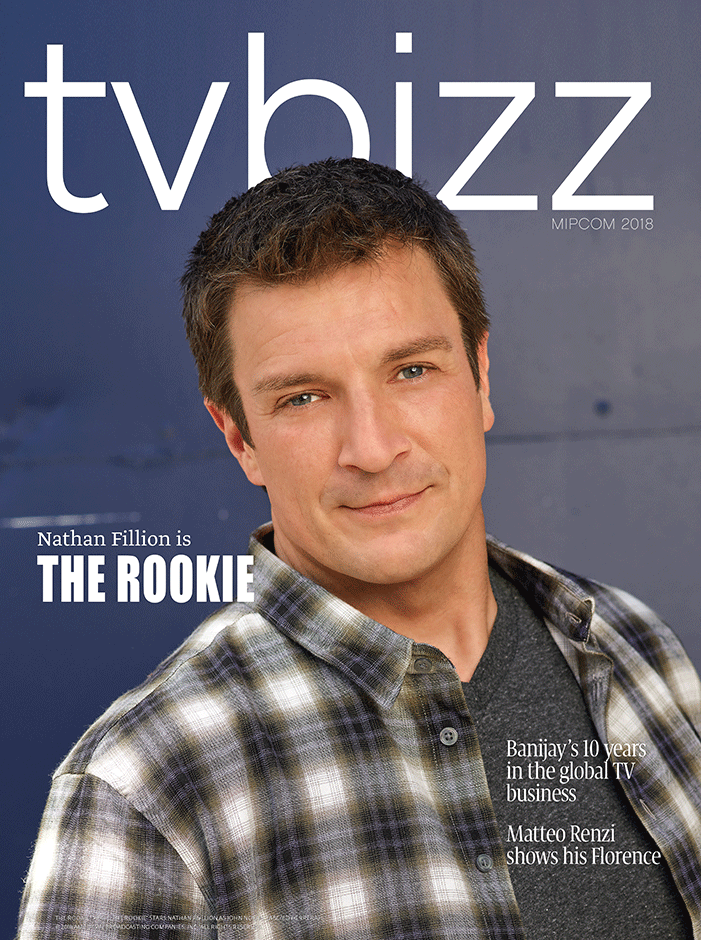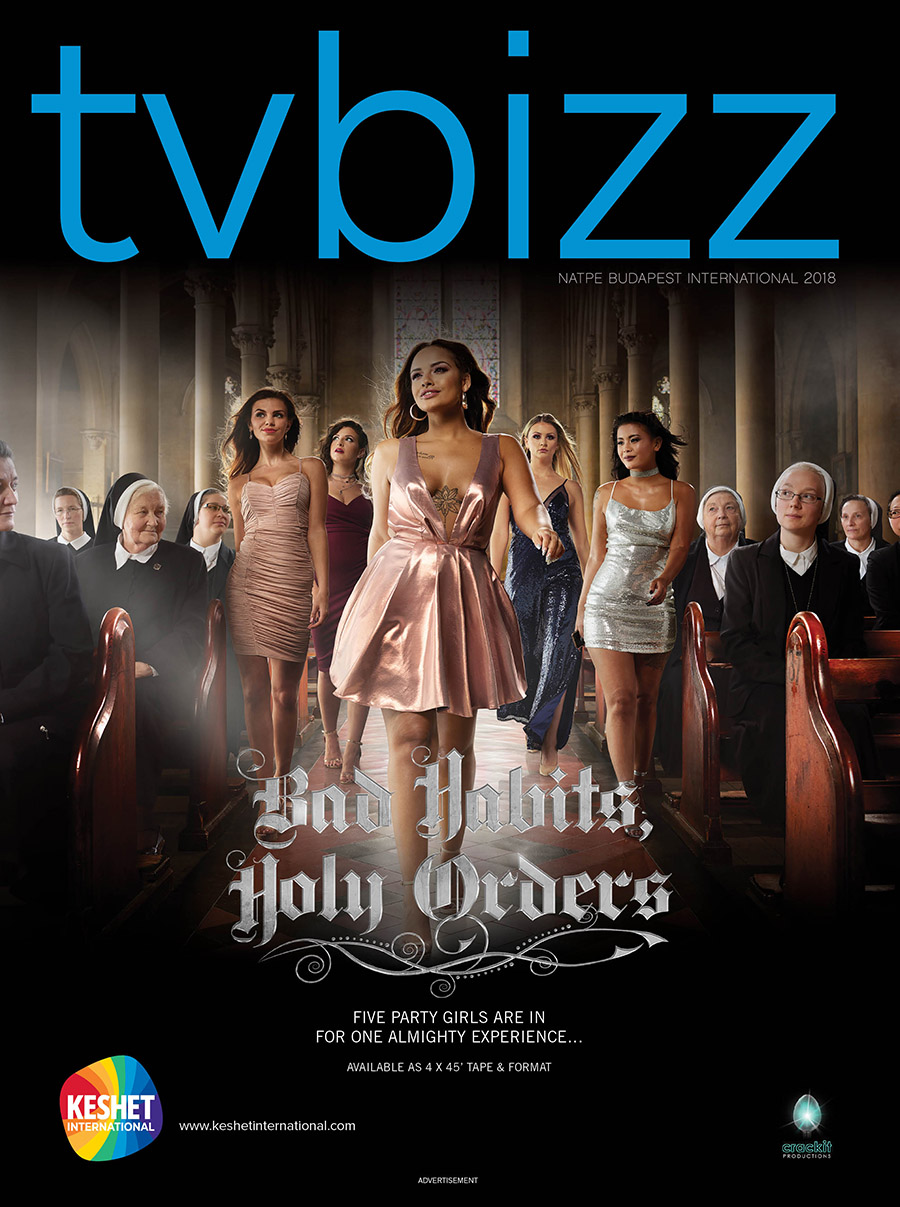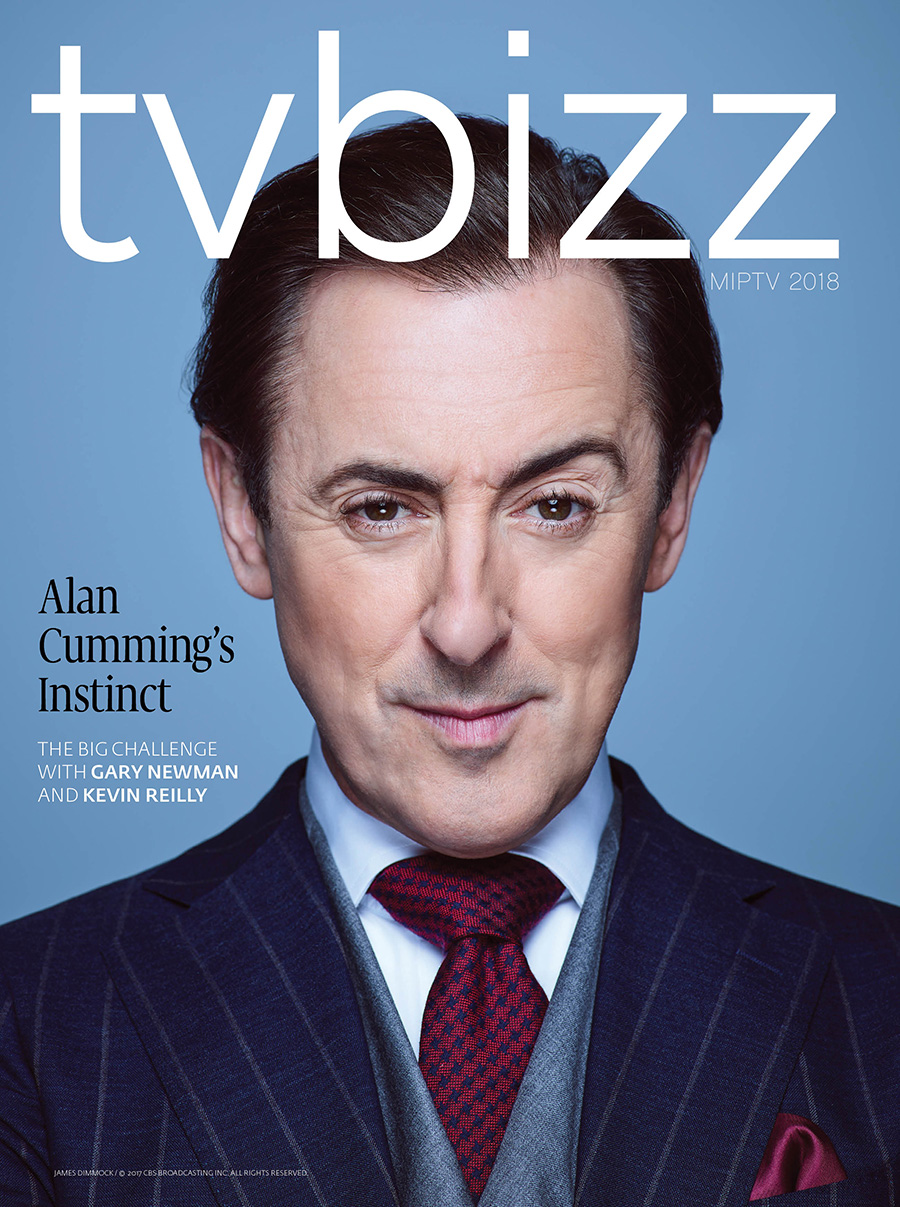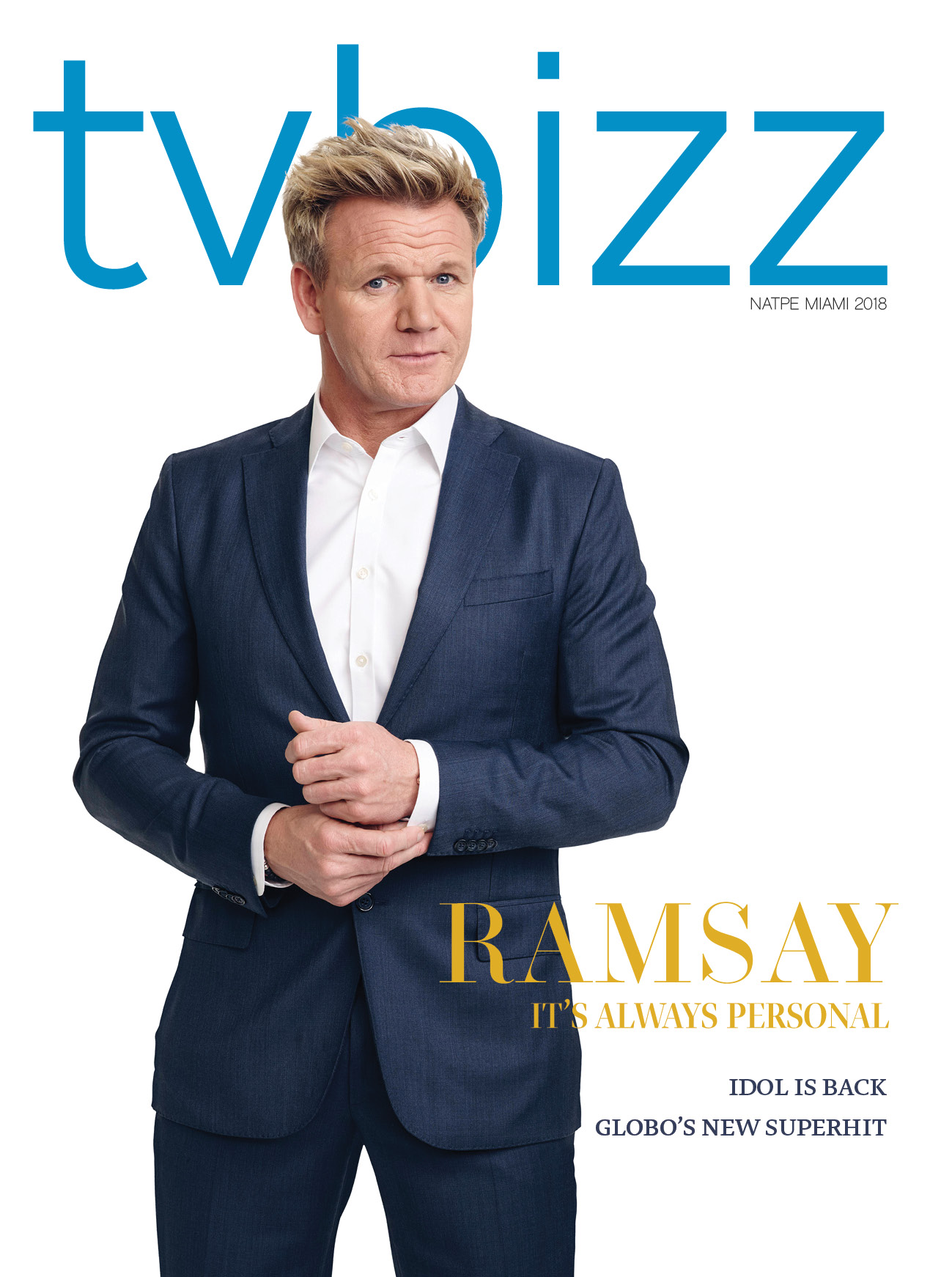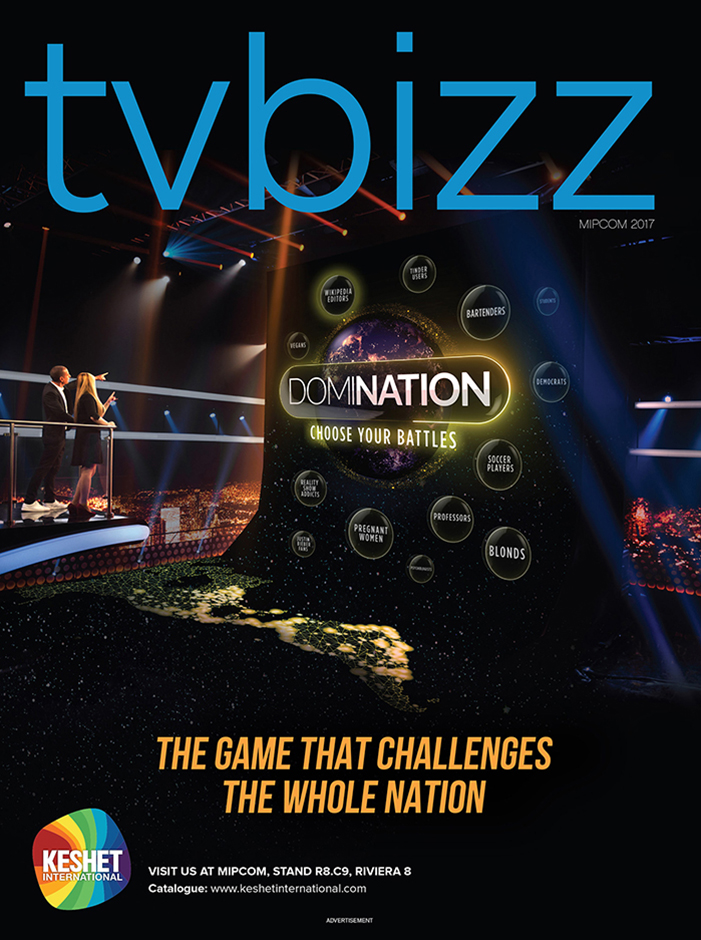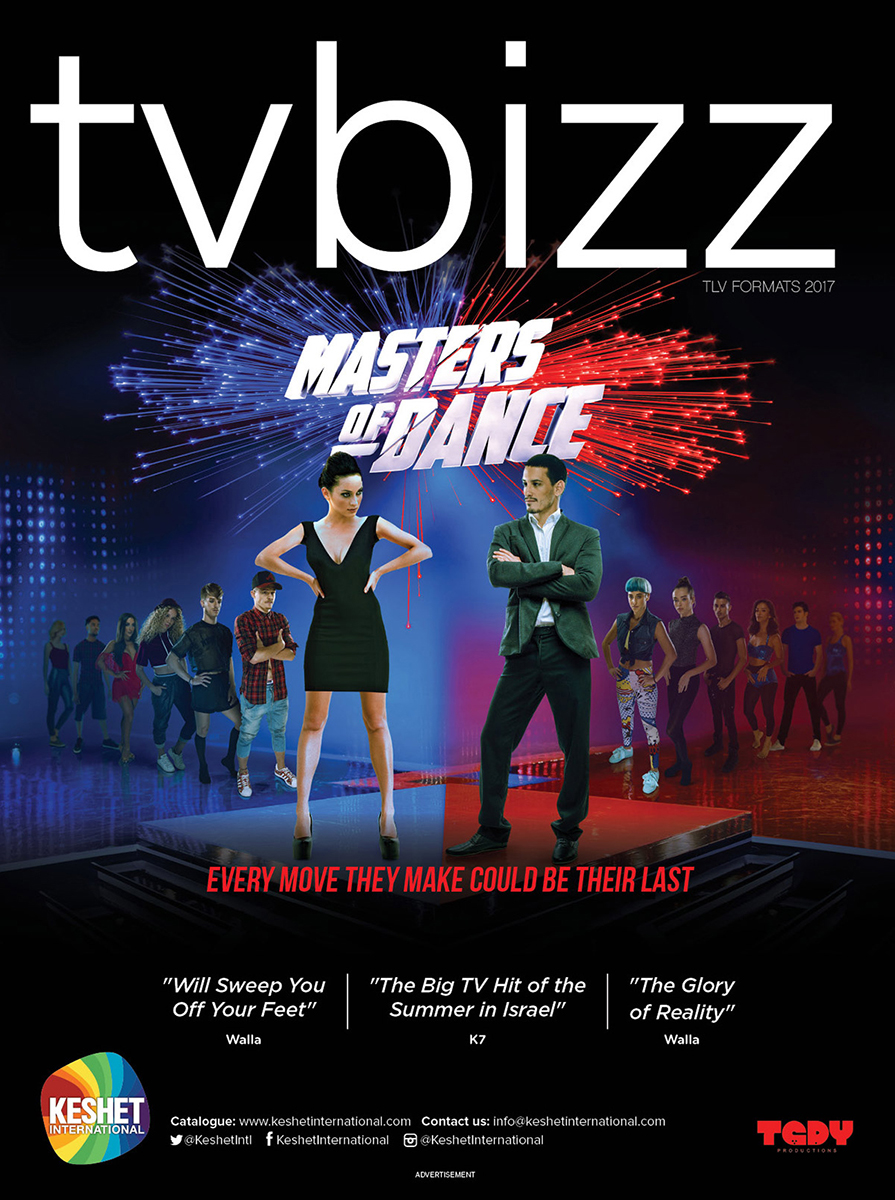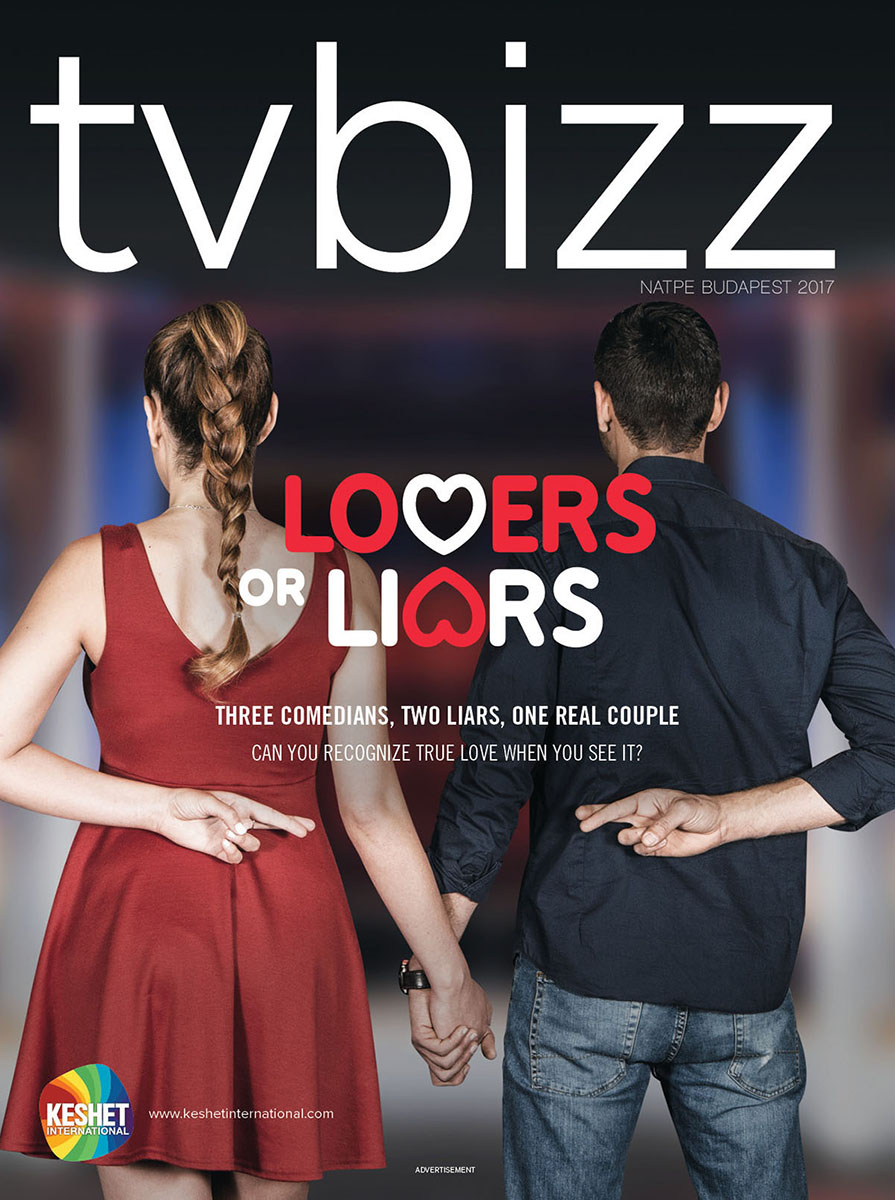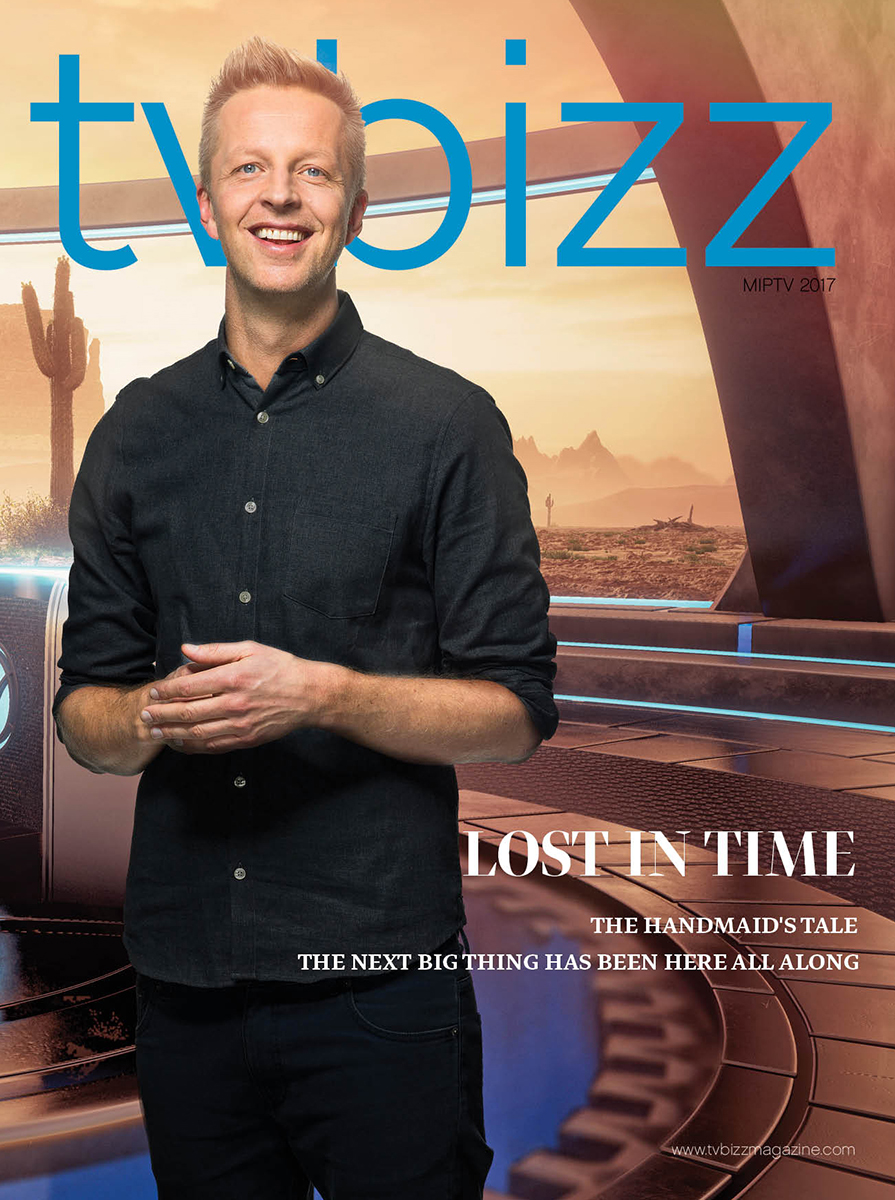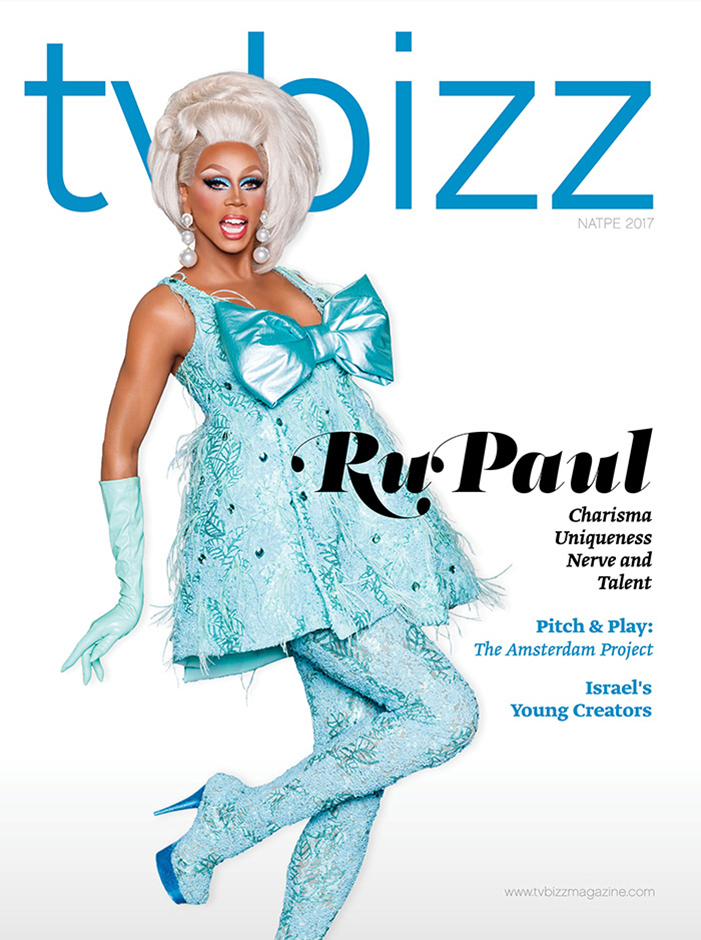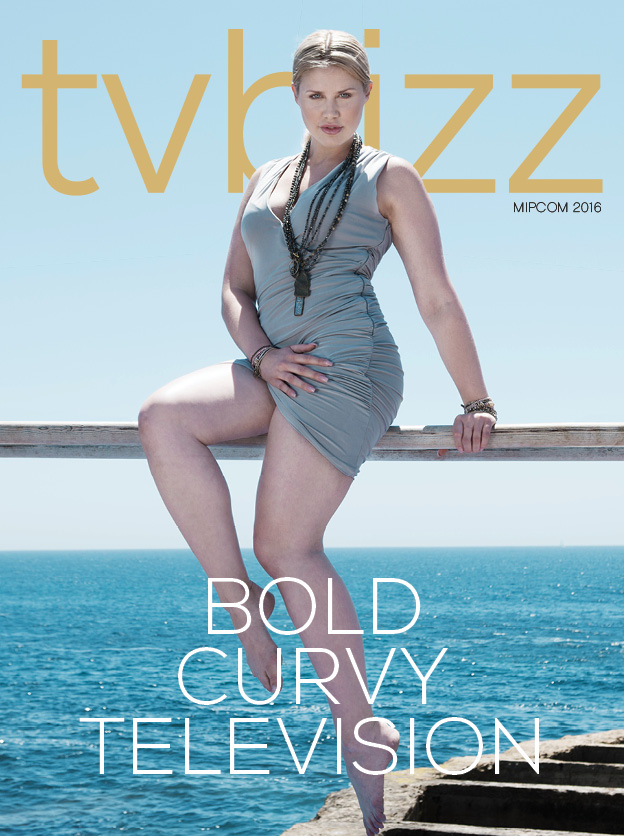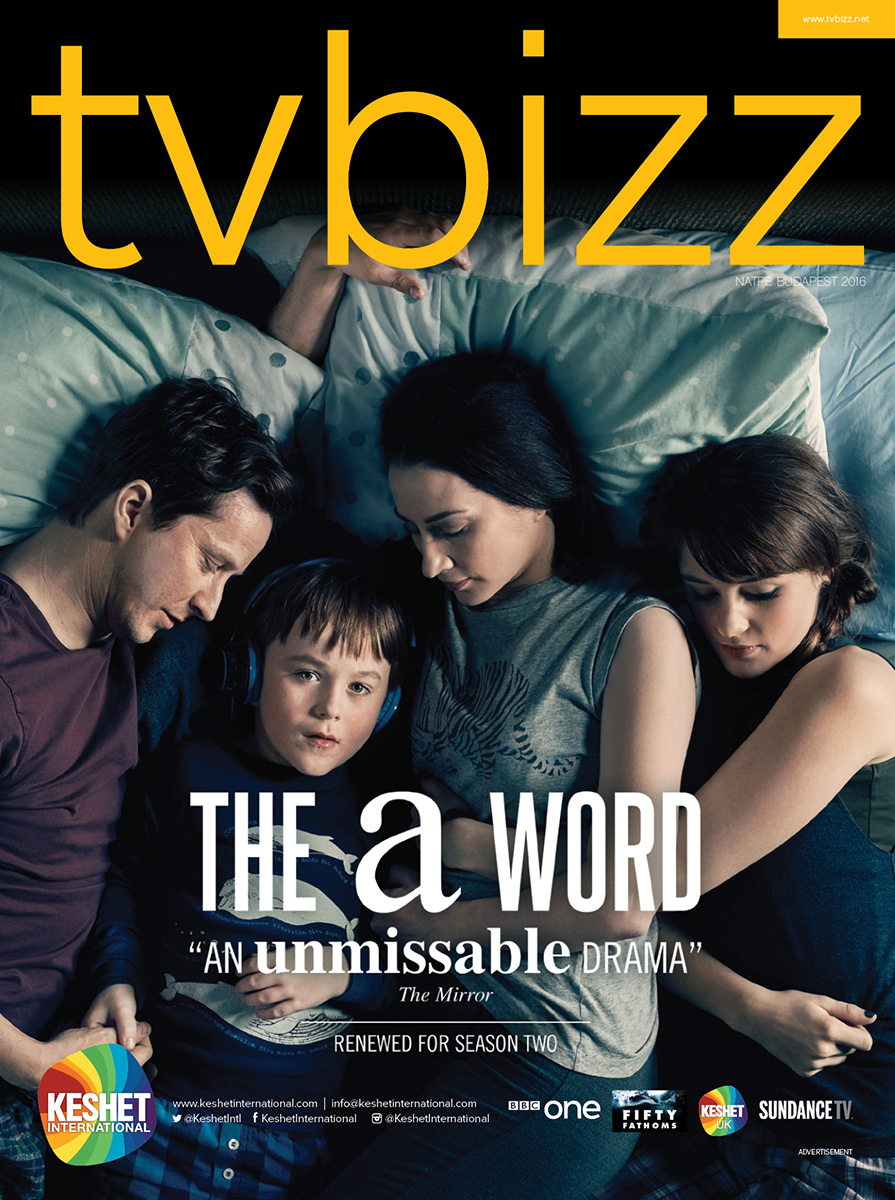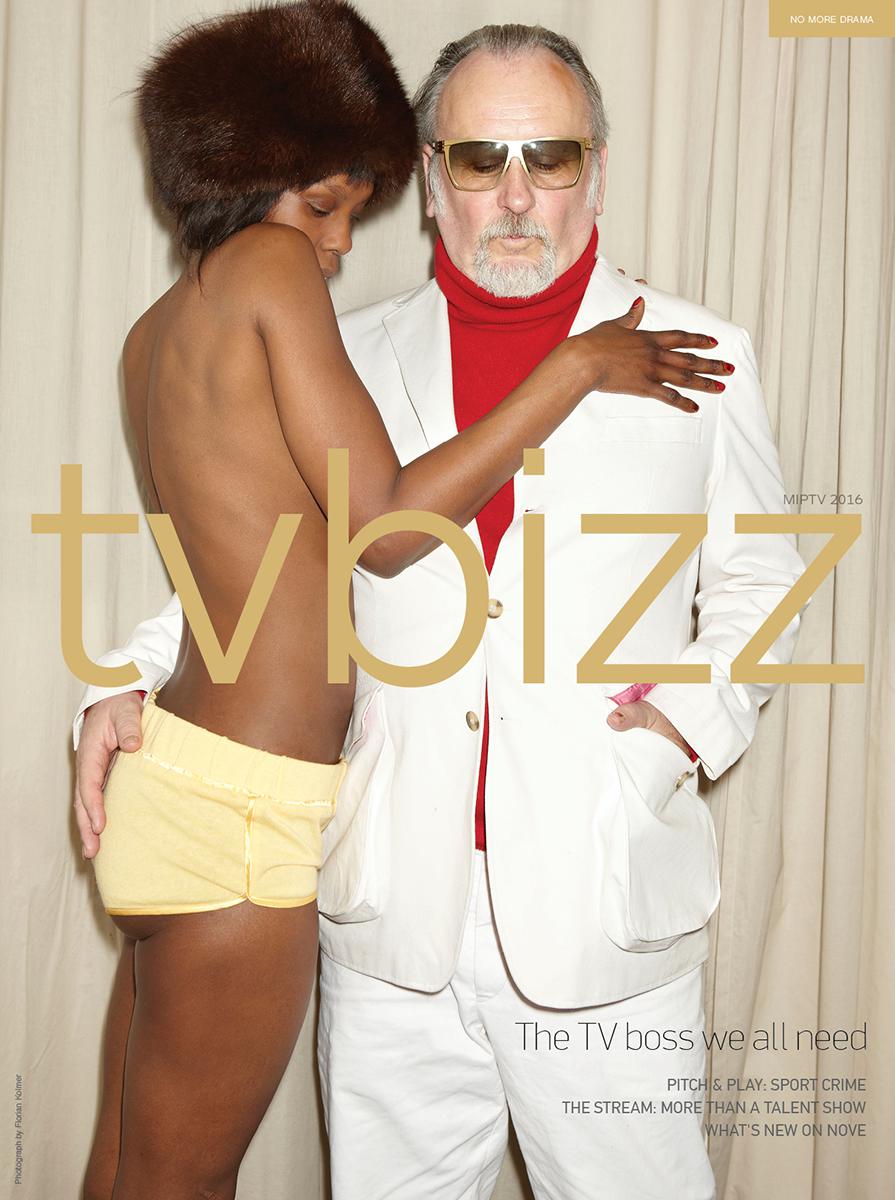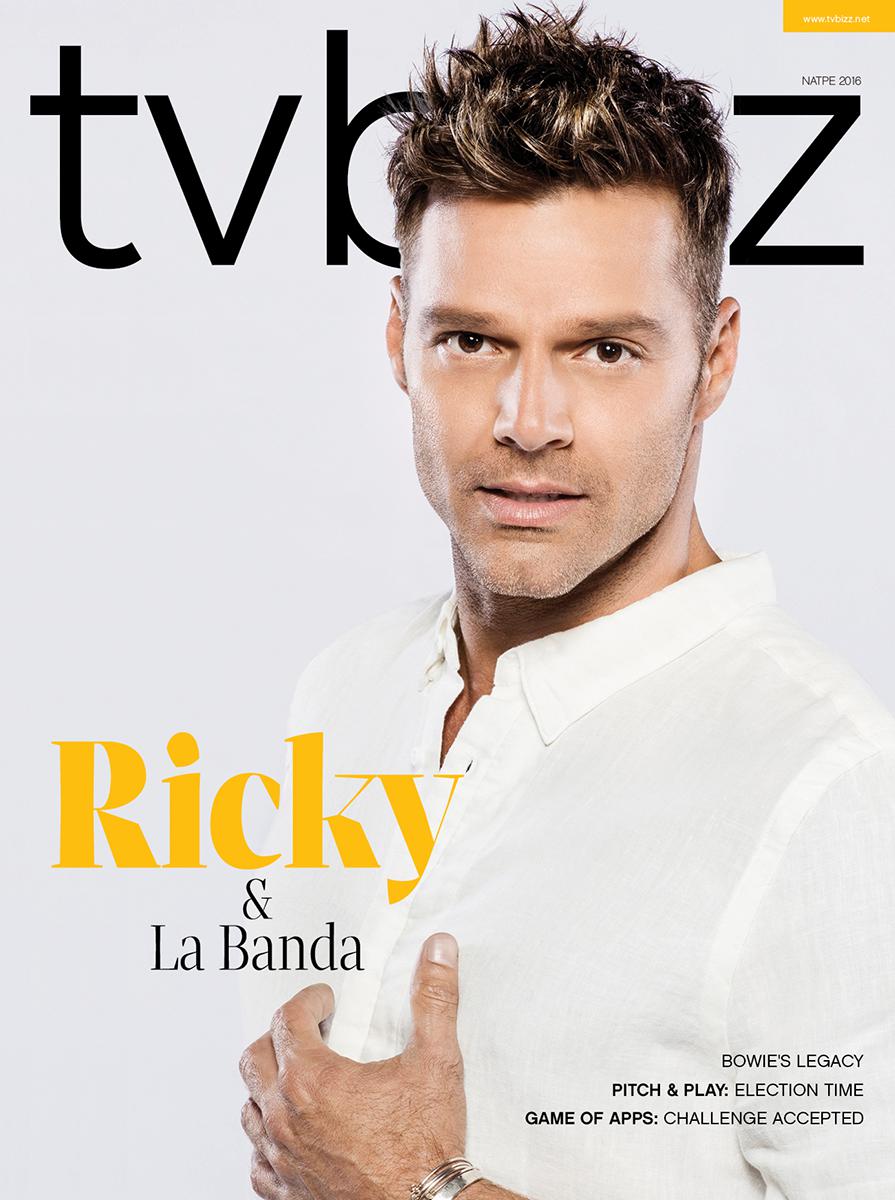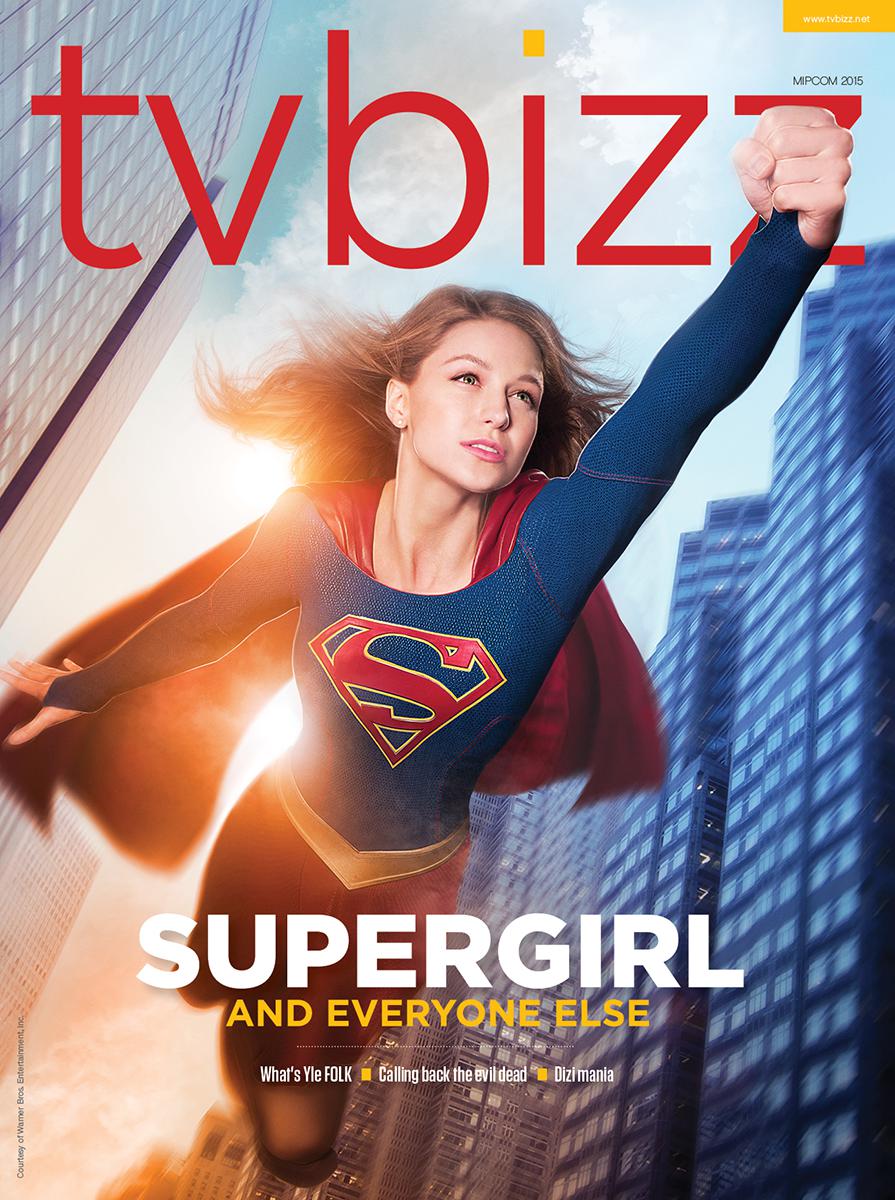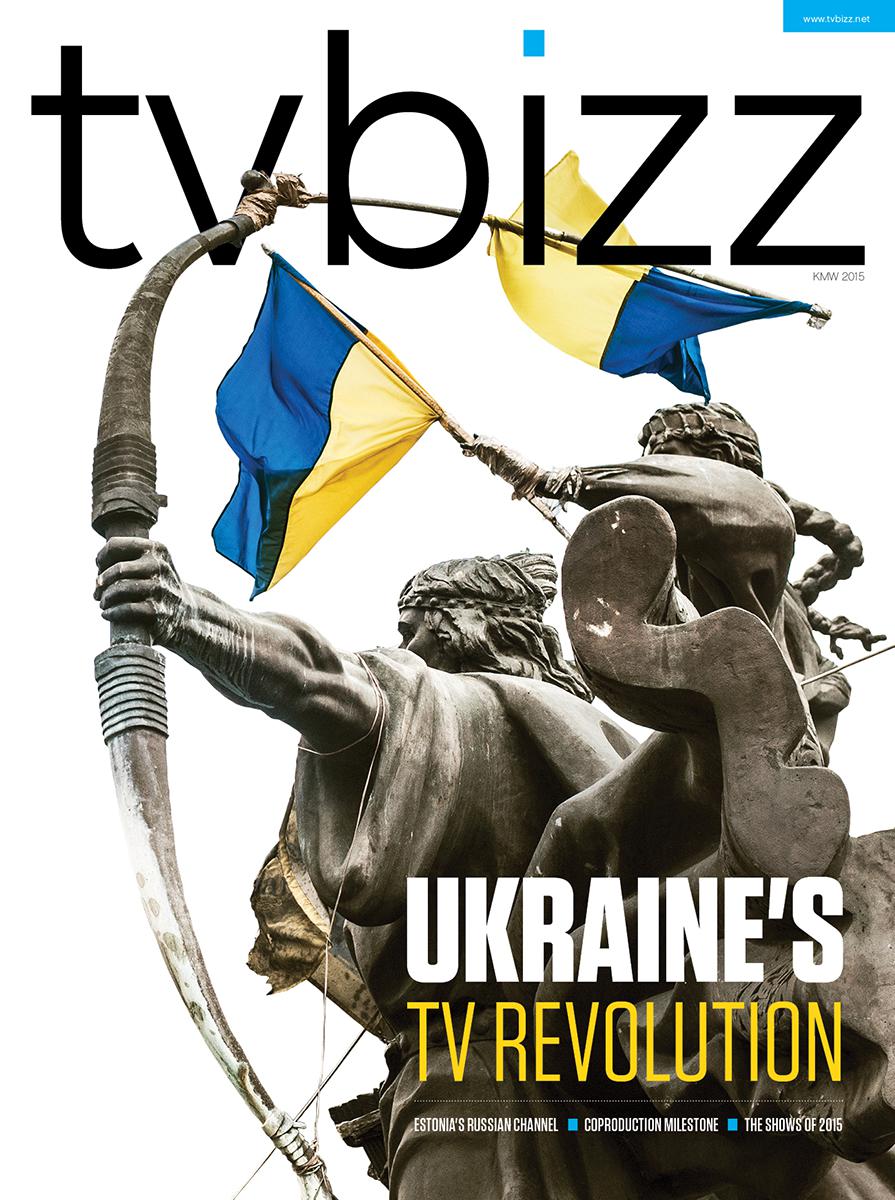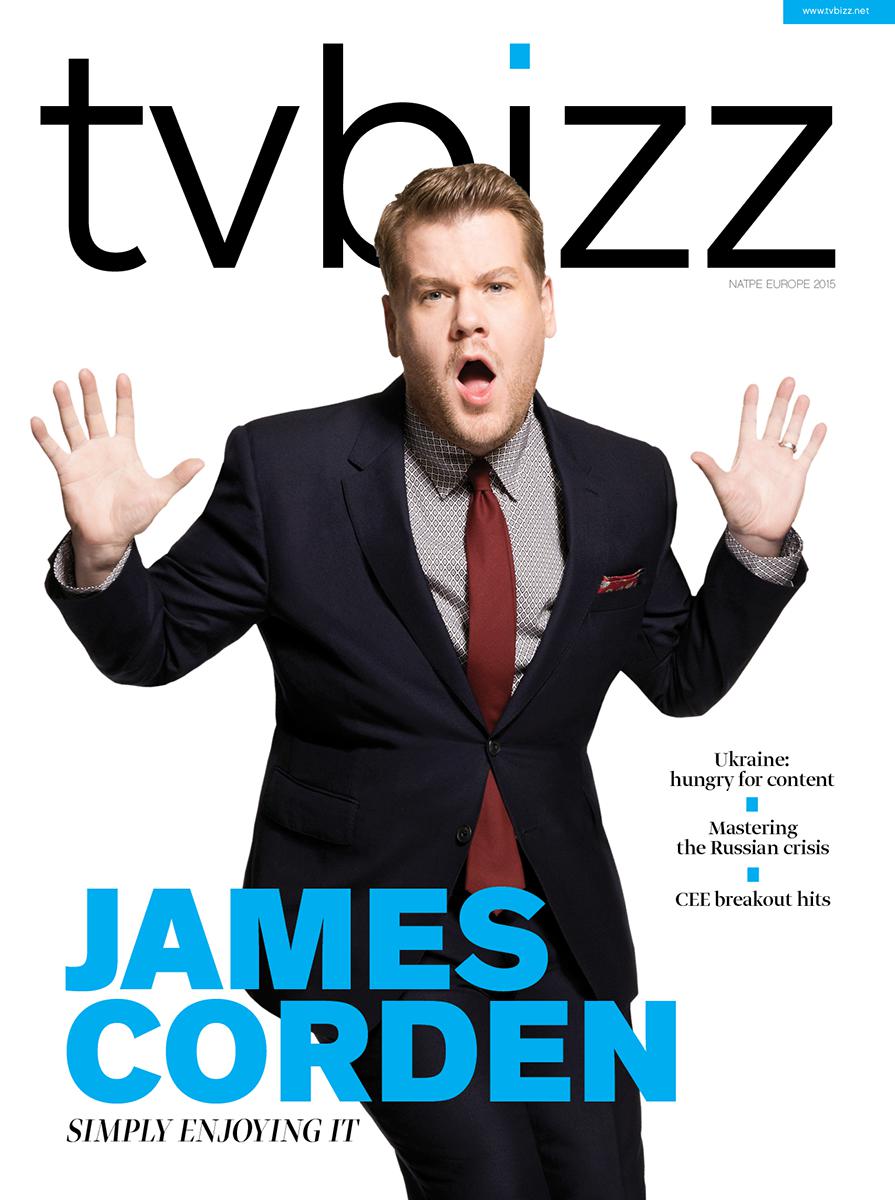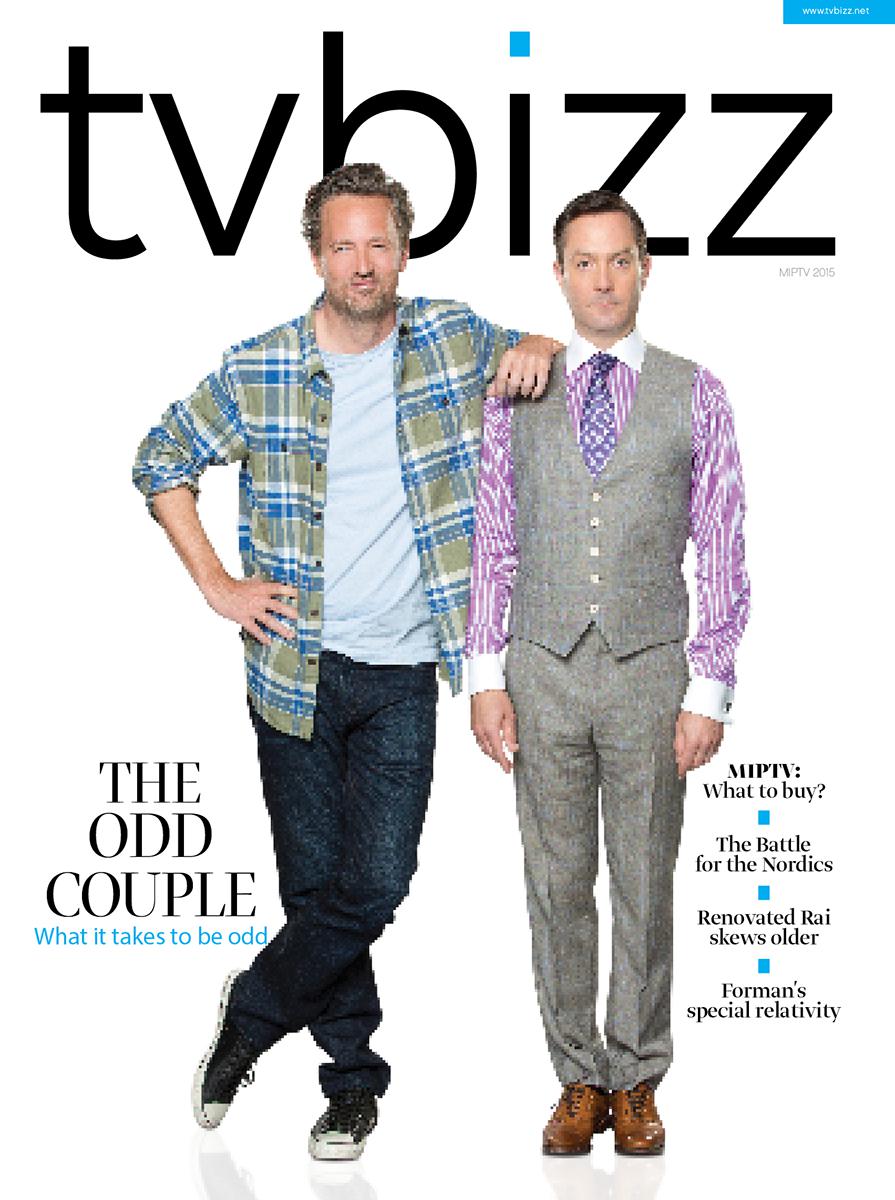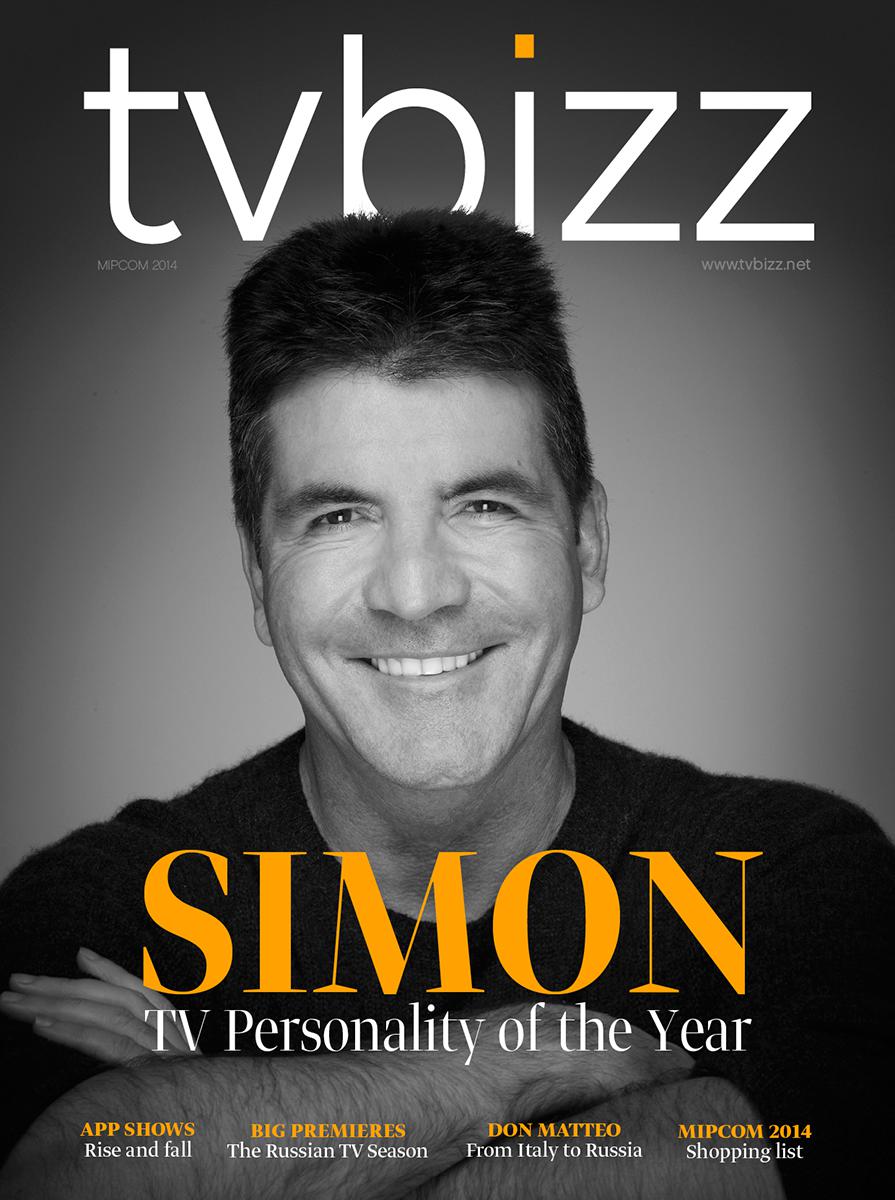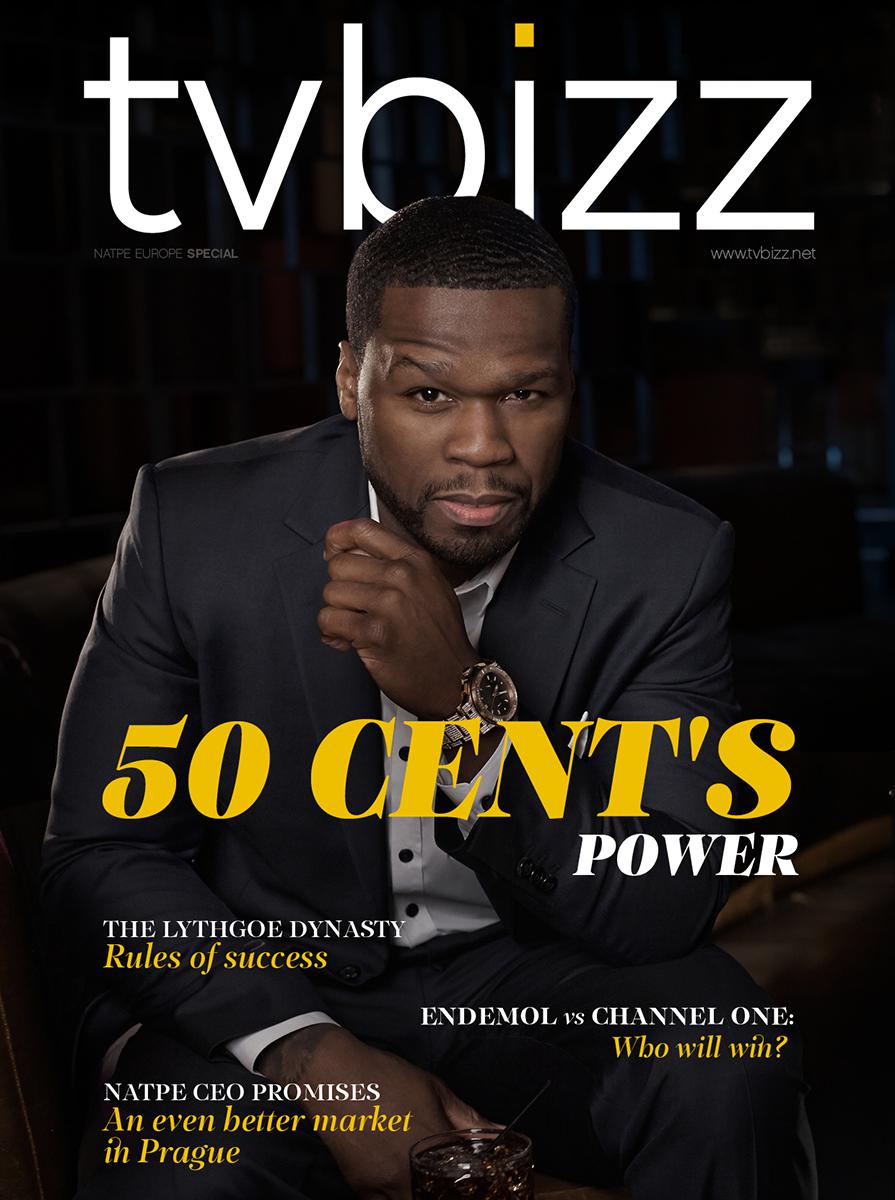Stacy Rukeyser:
Television needs complicated, deeply flawed female characters
Award-winning US writer and producer Stacy Rukeyser was also among the INTV speakers in Jerusalem. In her conversation with Stanislav Kimchev, she stressed on the importance of having strong female characters on TV and how shows like UnReal could change the narrative for the whole entertainment industry in Hollywood.
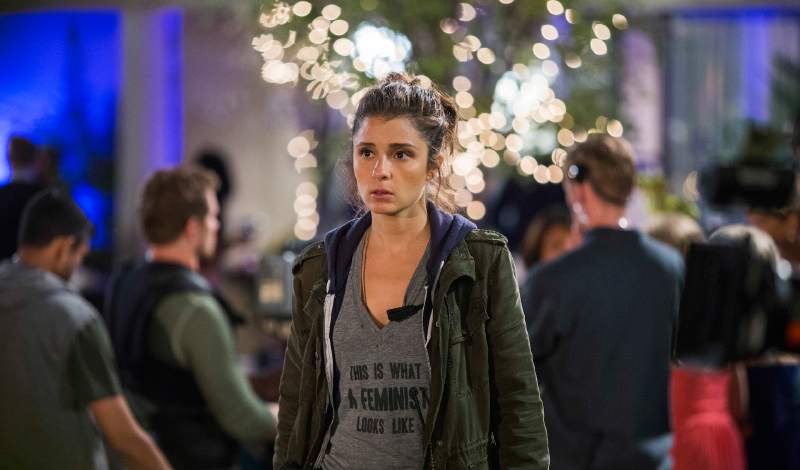
UnReal
Stacy, you are a showrunner, producer and writer. What are the most-challenging aspects of your work in television and what attracted you the most to this career?
I do feel that being a TV writer is the most fun job in the world because you get to tell stories. The writer is king in television, or in my case - the writer is queen in television. We are senior to the director and so we are seeing our vision all the way through.
The challenges are that you need a broadcaster to buy into the vision of what you see and what you want to put on the air. And it’s an exciting time in television right now, just for my taste, because there is a surge in complicated, deeply flawed, female protagonists. And that was not always the case. Very often we would get the “No” about our female characters not being very likable and pleasant. When we were doing UnReal, it was something that we had to be very aware of, particularly in the third season. Even on a network like Lifetime this is an issue, and it’s only recently that we are starting to see people who say “this like the female version of Breaking Bad” – that sort of thing.
Speaking of UnReal, what attracted you to this project for which you also won a Peabody?
I came to work with Marti Noxon who co-created the show with Sarah Shapiro. What I loved about the script was that there was a woman at the center who was complicated and deeply flawed and who had such clear internal conflict, and the sense of family and belonging and power that she derived from her job. I understood that very much - to feel like “I’m so good at this” and “this feels good to have this kind of power,” and yet “I hate myself for it, hate myself for what I’m doing.” That seemed like very, very rich material to me. But when we were writing the first season, I didn’t think it was going to have the reception that it eventually had. I thought – yes, there are two female protagonists, but again every woman I know is a complicated, deeply flawed woman, so I just felt that these felt real to me. It was certainly exciting that we took big swings in the story - for example, one of the characters jumps off the roof and commits suicide in the middle of the first season - it wasn’t even a season finale cliffhanger. Just to take those big chances and to write yourself into a corner knowing you’ll write your way out of it was very exciting. And then the reception that UnReal got was just incredible and it reminded me that as natural as those characters in those stories felt to me, they hadn’t been seen on television as much.
Do you have a favorite genre and what are your favorite characters from the different projects you have worked on?
Definitely UnReal has been my favorite so far. And what was exciting to me about it was that we got to write about something, we were writing about women in Hollywood. We were writing about the struggles that women faced in Hollywood. We were also writing about the dangers of reality television and this princess fantasy that those competition dating shows in particular put out there. They say that as a woman you should look great in a bikini and sit in a hot tub and don’t mind that the man you’re dating is dating twenty other women at the same time and just don’t ever talk about your job or have any problems, be completely available, and then in exchange he will come in a helicopter and take you to dinner in Bali, and that is what a relationship looks like. That is a very dangerous narrative getting out there. Then again as the seasons went on, we were writing about sexual assaults and mental health, and to get to write something that was such delicious fun, but at the same time was also really about something, was a singular experience for me. I sort of feel like now that’s all I really want to do.
What is your opinion on reality TV, your current president is a former reality TV star - should people take reality TV seriously?
Reality television, as we know it, is completely fake and scripted. And it’s incredibly dangerous because it is being promoted as truth and it is not at all truth. I think that our president shows the dangers of reality television right there. But my particular interest or beef is with these competition reality dating shows, because it’s not healthy to present women that way, that women should aspire to be that, it’s not what I want. And the argument is always like “oh but they have The Bachelorette”, and so then the tables are turned and so that’s fine and I feel that the same values are being promoted on that.
Dating shows – people love them…
That is an interesting thing to look at. The Bachelor - the ratings are huge. So obviously they’re doing something right because it’s tapping into something that is interesting to people. And from what I understand, the demographics are such that a big portion of their audience are women – high-earning working women. Women, who are incredibly powerful and work 60 hours a week or whatever, still at the end of the day want to come home and watch a show where their prince is going to come and take them away from all of that? And then that also brings up – “Is that why they’re watching or they hate watching?” The level of our social discourse has really declined. And I think that the reality television is a part of that.
In the past you published an article about the hostile environment for women in Hollywood. What is the current situation in the entertainment industry from your point of view as a producer and writer and a woman?
The article was about one experience that I had on one show and certainly then turned out that there were a lot of other stories from other women on that show that what I experienced was nothing compared to what they experienced. But what I was really interested in looking at was specifically in writers rooms and the power that showrunners have, because they really hold in their hands the hopes and dreams of everyone who works on that show.
There are so many people who have dreamed their whole lives of working in Hollywood that they would be willing to put up with a whole lot in order to continue working in Hollywood and that’s a very dangerous situation to be in because then if you are not a good person, you are able to get away with a lot. I think things are really changing because we’re talking about these things finally and I think more conversation is always good and more stories are coming out. I think that the fear some people have is that it won’t be fun anymore and that is what I just think is crazy, as people think writers rooms are supposed to be a very free creative space so that you can write and create the best ideas.
I think that the fact that we’re talking about it is a big difference. But for me it’s not even just about creating a safe work environment in Hollywood, that should be sort of the baseline. What it also means is that it’s giving women more opportunities to create and run shows. And the reason that that will make a difference is that it makes a difference in the kinds of stories that are being told. When you have women creating shows and running shows, they’re telling stories that are immensely personal, and so they will go to the map for these kinds of complicated female characters that we haven’t seen a lot in the past. You will get a different perspective because you have these women creating and running shows and that’s the thing that I think we need most of all, is just to have a diversity of characters on television. In our country, when Hillary Clinton was running for president, there was a lot of vitriol that she received. And I saw it and I just thought “wow, there is nothing scarier to a great percentage of people in our country than a smart strong woman.” I just think the more smart, strong women that we see on television, the more we can sort of normalize that.
You are currently writing two pilots in the streaming/premium cable space but you are not allowed to talk about them.
I’m not supposed to - I can say one is for Showtime and one is for Netflix. And I can say that they both have a complicated flawed female protagonists because again that is now all I am really interested in doing. And I think that by the very nature of who I am as a writer now they are about something in the world.
What is your opinion on the fight between major broadcasters and the streaming giants? Will it change the Hollywood business model?
It is exciting for me because there are more places to sell your shows and there are places that are open to shows that they wouldn’t have been open to in the past. Totally serialized dramas, female protagonists, those kinds of things.
The biggest change also is that there are shorter seasons, so you’re only doing ten or twelve episodes, which I love from a creative perspective. And I think that the quality can be very high. But that changes the economics for a lot of people including writers in Hollywood and so oftentimes you need to be doing a couple of shows a year in order to really put together a year. And I think that’s something that we haven’t quite figured out yet - how we’re going to be hiring writers and whatever sort of contracts and everything are going to be. Because if you are only making ten or twelve episodes a year and you are under an exclusive contract to that show, that doesn’t work for a lot of writers financially. But it is luxurious in a certain way to not have to write 22 or even 24 episodes as some of the broadcast network shows are doing.
I do feel that being a TV writer is the most fun job in the world because you get to tell stories. The writer is king in television, or in my case - the writer is queen in television. We are senior to the director and so we are seeing our vision all the way through.
The challenges are that you need a broadcaster to buy into the vision of what you see and what you want to put on the air. And it’s an exciting time in television right now, just for my taste, because there is a surge in complicated, deeply flawed, female protagonists. And that was not always the case. Very often we would get the “No” about our female characters not being very likable and pleasant. When we were doing UnReal, it was something that we had to be very aware of, particularly in the third season. Even on a network like Lifetime this is an issue, and it’s only recently that we are starting to see people who say “this like the female version of Breaking Bad” – that sort of thing.
Speaking of UnReal, what attracted you to this project for which you also won a Peabody?
I came to work with Marti Noxon who co-created the show with Sarah Shapiro. What I loved about the script was that there was a woman at the center who was complicated and deeply flawed and who had such clear internal conflict, and the sense of family and belonging and power that she derived from her job. I understood that very much - to feel like “I’m so good at this” and “this feels good to have this kind of power,” and yet “I hate myself for it, hate myself for what I’m doing.” That seemed like very, very rich material to me. But when we were writing the first season, I didn’t think it was going to have the reception that it eventually had. I thought – yes, there are two female protagonists, but again every woman I know is a complicated, deeply flawed woman, so I just felt that these felt real to me. It was certainly exciting that we took big swings in the story - for example, one of the characters jumps off the roof and commits suicide in the middle of the first season - it wasn’t even a season finale cliffhanger. Just to take those big chances and to write yourself into a corner knowing you’ll write your way out of it was very exciting. And then the reception that UnReal got was just incredible and it reminded me that as natural as those characters in those stories felt to me, they hadn’t been seen on television as much.
Do you have a favorite genre and what are your favorite characters from the different projects you have worked on?
Definitely UnReal has been my favorite so far. And what was exciting to me about it was that we got to write about something, we were writing about women in Hollywood. We were writing about the struggles that women faced in Hollywood. We were also writing about the dangers of reality television and this princess fantasy that those competition dating shows in particular put out there. They say that as a woman you should look great in a bikini and sit in a hot tub and don’t mind that the man you’re dating is dating twenty other women at the same time and just don’t ever talk about your job or have any problems, be completely available, and then in exchange he will come in a helicopter and take you to dinner in Bali, and that is what a relationship looks like. That is a very dangerous narrative getting out there. Then again as the seasons went on, we were writing about sexual assaults and mental health, and to get to write something that was such delicious fun, but at the same time was also really about something, was a singular experience for me. I sort of feel like now that’s all I really want to do.
What is your opinion on reality TV, your current president is a former reality TV star - should people take reality TV seriously?
Reality television, as we know it, is completely fake and scripted. And it’s incredibly dangerous because it is being promoted as truth and it is not at all truth. I think that our president shows the dangers of reality television right there. But my particular interest or beef is with these competition reality dating shows, because it’s not healthy to present women that way, that women should aspire to be that, it’s not what I want. And the argument is always like “oh but they have The Bachelorette”, and so then the tables are turned and so that’s fine and I feel that the same values are being promoted on that.
Dating shows – people love them…
That is an interesting thing to look at. The Bachelor - the ratings are huge. So obviously they’re doing something right because it’s tapping into something that is interesting to people. And from what I understand, the demographics are such that a big portion of their audience are women – high-earning working women. Women, who are incredibly powerful and work 60 hours a week or whatever, still at the end of the day want to come home and watch a show where their prince is going to come and take them away from all of that? And then that also brings up – “Is that why they’re watching or they hate watching?” The level of our social discourse has really declined. And I think that the reality television is a part of that.
In the past you published an article about the hostile environment for women in Hollywood. What is the current situation in the entertainment industry from your point of view as a producer and writer and a woman?
The article was about one experience that I had on one show and certainly then turned out that there were a lot of other stories from other women on that show that what I experienced was nothing compared to what they experienced. But what I was really interested in looking at was specifically in writers rooms and the power that showrunners have, because they really hold in their hands the hopes and dreams of everyone who works on that show.
There are so many people who have dreamed their whole lives of working in Hollywood that they would be willing to put up with a whole lot in order to continue working in Hollywood and that’s a very dangerous situation to be in because then if you are not a good person, you are able to get away with a lot. I think things are really changing because we’re talking about these things finally and I think more conversation is always good and more stories are coming out. I think that the fear some people have is that it won’t be fun anymore and that is what I just think is crazy, as people think writers rooms are supposed to be a very free creative space so that you can write and create the best ideas.
I think that the fact that we’re talking about it is a big difference. But for me it’s not even just about creating a safe work environment in Hollywood, that should be sort of the baseline. What it also means is that it’s giving women more opportunities to create and run shows. And the reason that that will make a difference is that it makes a difference in the kinds of stories that are being told. When you have women creating shows and running shows, they’re telling stories that are immensely personal, and so they will go to the map for these kinds of complicated female characters that we haven’t seen a lot in the past. You will get a different perspective because you have these women creating and running shows and that’s the thing that I think we need most of all, is just to have a diversity of characters on television. In our country, when Hillary Clinton was running for president, there was a lot of vitriol that she received. And I saw it and I just thought “wow, there is nothing scarier to a great percentage of people in our country than a smart strong woman.” I just think the more smart, strong women that we see on television, the more we can sort of normalize that.
You are currently writing two pilots in the streaming/premium cable space but you are not allowed to talk about them.
I’m not supposed to - I can say one is for Showtime and one is for Netflix. And I can say that they both have a complicated flawed female protagonists because again that is now all I am really interested in doing. And I think that by the very nature of who I am as a writer now they are about something in the world.
What is your opinion on the fight between major broadcasters and the streaming giants? Will it change the Hollywood business model?
It is exciting for me because there are more places to sell your shows and there are places that are open to shows that they wouldn’t have been open to in the past. Totally serialized dramas, female protagonists, those kinds of things.
The biggest change also is that there are shorter seasons, so you’re only doing ten or twelve episodes, which I love from a creative perspective. And I think that the quality can be very high. But that changes the economics for a lot of people including writers in Hollywood and so oftentimes you need to be doing a couple of shows a year in order to really put together a year. And I think that’s something that we haven’t quite figured out yet - how we’re going to be hiring writers and whatever sort of contracts and everything are going to be. Because if you are only making ten or twelve episodes a year and you are under an exclusive contract to that show, that doesn’t work for a lot of writers financially. But it is luxurious in a certain way to not have to write 22 or even 24 episodes as some of the broadcast network shows are doing.
